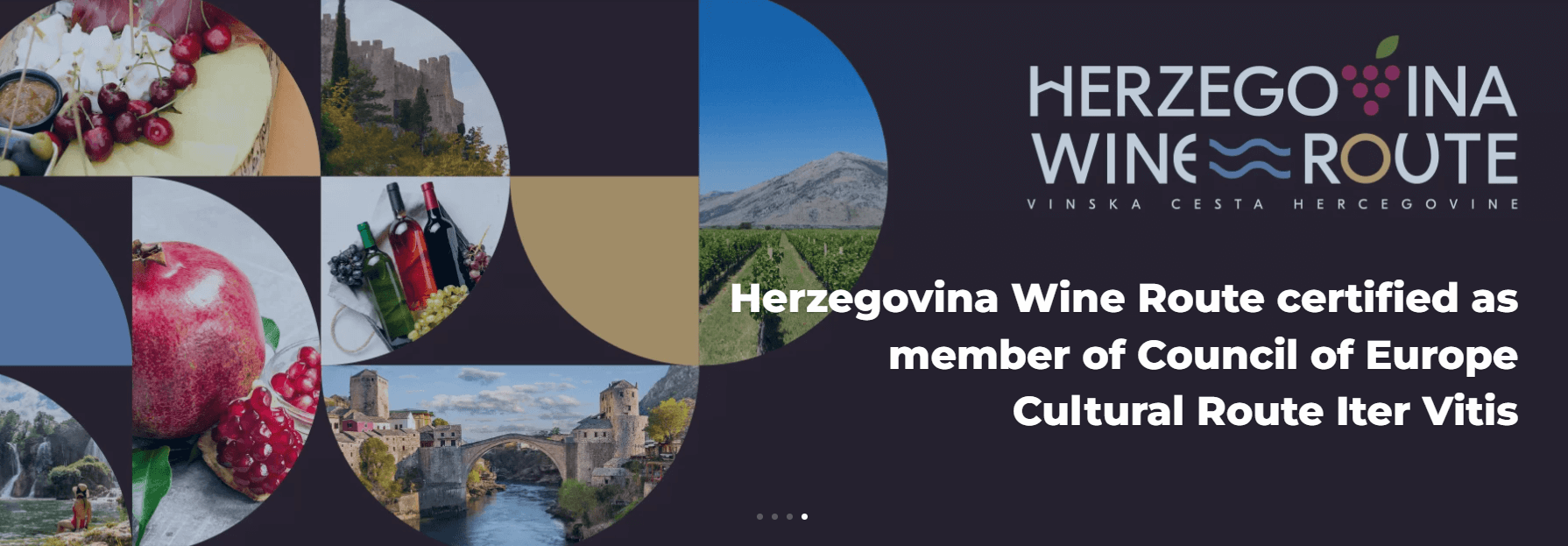
This made us think – is Croatia late for this train? Of course, the way and why tourism developed in Croatia is vastly different from BiH’s situation. With the Adriatic Sea there, it was almost inevitable that tourism would eventually bloom in Croatia. Whatever the supporting factors were (social media, the EU, marketing), the fact is that it happened somewhat rapidly and before the infrastructure was ready to support mass tourism. Dubrovnik is the perfect example.
What struck us the most in the panels with BiH is how much they emphasized the environment, underlining that their mission includes avoiding and mitigating mass tourism at all costs. With the help of their foreign partners, BiHis doing the opposite of what happened to Croatia – making tourism work for them, slowly, thoughtfully, and with a long-term plan. They did, of course, learn from Croatia, as there were many examples of what was done right, too. But it might not be a bad idea for Croatia to peek over the border and copy a few ideas on how to keep doing it sustainably.
An important point for BiH was the engagement and involvement of local communities in tourism. Whether that is local wineries, farms, or accommodation units. With an increase in OPGs and domaćinstva that now take part in Croatia, it was interesting to discuss the importance of developing this part of the tourist infrastructure. TCN spoke to BiH’s delegation at AWFT – Sabina Sahman Salihbegovic and Inja Hadzialic Bubalo of the Federal Ministry of the Environment and Tourism.

How do you view Croatia and the way tourism has developed there?
“We see Croatia as a good example of tourism development; it is a well-branded destination and a famous one. Many tourists from our country go to Croatia, they love staying there and visiting the beautiful places you have.
Would you say that tourism has been developing sustainably in Croatia?
Tourism in Croatia has been developing sustainably, but there is always room to improve.
Have you seen good examples of community involvement/engagement in Croatia?
We find an example of good local community engagement at the Plitvice Lakes, a good community bond, tourist offer, and public sector.
What do Croatia and BiH have in common to benefit the sustainable future of tourism?
Croatia and BiH have much in common; we speak the same language, we have similar traditions, historical bonds, beautiful monuments, nature, an attractive offer, and friendly people…
What are the main differences between the two countries?
The differences between us are mostly connected to the state government and the levels of power, but that is not something that should put tourism in a bad position…after all, tourism does not know borders…
We are stronger if we stand together – what are Croatia and BiH doing to use their geographical and cultural proximity to facilitate positive trends?
We can do much together by attracting tourists from around the world to both countries. Tour operators and travel agencies from our countries have already created connected itineraries so that for a few days tourists stay in Croatia and a few in BiH, and we can work more on our joint marketing and promotion, especially in long-distance markets.
While we might be competitors locally, competing on the global market together would make a lot of sense. Long-distance tourists are always looking to get the most out of their visit and want to travel as much as possible to the new part of the world. Croatia and BiH, but our other neighbours as well, could complement each other and create a fantastic offer.
What can foreign media do to support community involvement/engagement?
Foreign media can report about the beauties of our countries, of their unrevealed nature, parks, and protected areas.
How can we enhance community involvement/engagement in the diaspora?
Diaspora is valuable to every aspect of the economy, so it is for BiH and tourism. We can encourage people living outside their country to speak more about their home country to invite their friends and relatives to come and visit.
How do you view digital nomads, what is their role?
Digital nomads are coming; it is like a new way of life, a new way of doing tourism… We welcome them to BiH.
Are there cross-border tourism initiatives? What do you think about turning the region into a digital nomad hub?
Some projects are developing around cross-border digital nomad projects but still need real initiative. Of course, there is a legal matter concerning their period of stay in a particular country. We welcome all ideas aimed at developing tourism, so this one about a digital nomads hub is a good one and definitely something we could discuss in the future.
For more, make sure to check out our dedicated Travel section.












